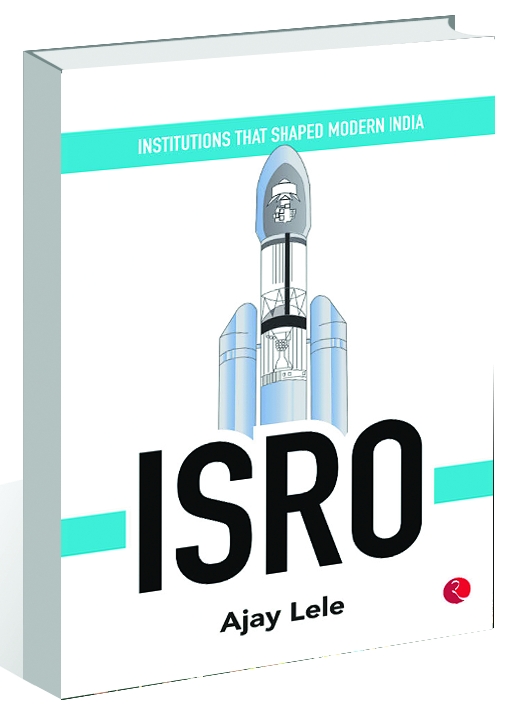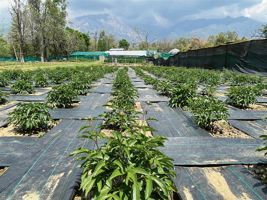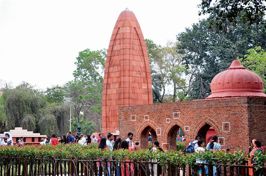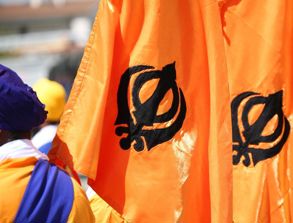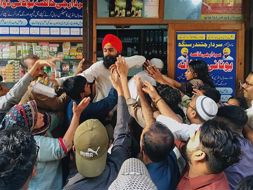ISRO by Ajey Lele. Rupa. Pages 142. Rs395
Book Title: ISRO
Author: by Ajey Lele.
Investment in the field of science and technology (S&T) was “too limited” when the British left India, according to author Ajey Lele. This, he points out, prompted the newly Independent country’s leadership to to establish the S&T architecture from scratch, and the Indian Space Research Organisation (ISRO) is a foremost example of such enterprising forays.
‘ISRO’, part of a series on ‘Institutions that Shaped Modern India’, tells the story of the organisation from its inception to present times. Capturing its history and its evolution, dotted with several achievements and some setbacks, and offering deep insights into ISRO’s key projects — past, present and future — the book is an ode to an institution that has been at the steering wheel of India’s journey into space. As such, it becomes a tool to understand the processes of institution-building that led to the creation of such a pioneering organisation.
Lele says India has been investing in the domain of space since the early 1960s with an agenda of ‘space for socioeconomic development’. He credits India’s first Prime Minister Jawaharlal Nehru and the scientific community comprising people like Dr Homi Bhabha and Dr Vikram Sarabhai for making S&T an important constituent of Independent India’s national policy. They brought together an army of brilliant scientists, anthropologists, communicators and social scientists from all over the country to spearhead the Indian space programme — illiteracy being the first enemy they wanted to fight with the help of science. In due course of time, challenges emanating from climate change and geography were tackled.
The technological apartheid that India faced following the 1998 nuclear tests dealt a huge setback to the space programme. Things began to ease only with the Indo-US nuclear deal of 2008. A positive that came out of this was that India was able to develop technologies on its own.
A self-proclaimed space enthusiast, Lele says the Indian space programme is a work in progress and credits ISRO for the name it has earned for itself. However, the book also reminds that while moon and Mars missions sound glamourous and receive media attention, one must not forget that, from an Indian perspective, ISRO is relevant because of the role it has played in rural development, education and management of natural resources. — TNS






